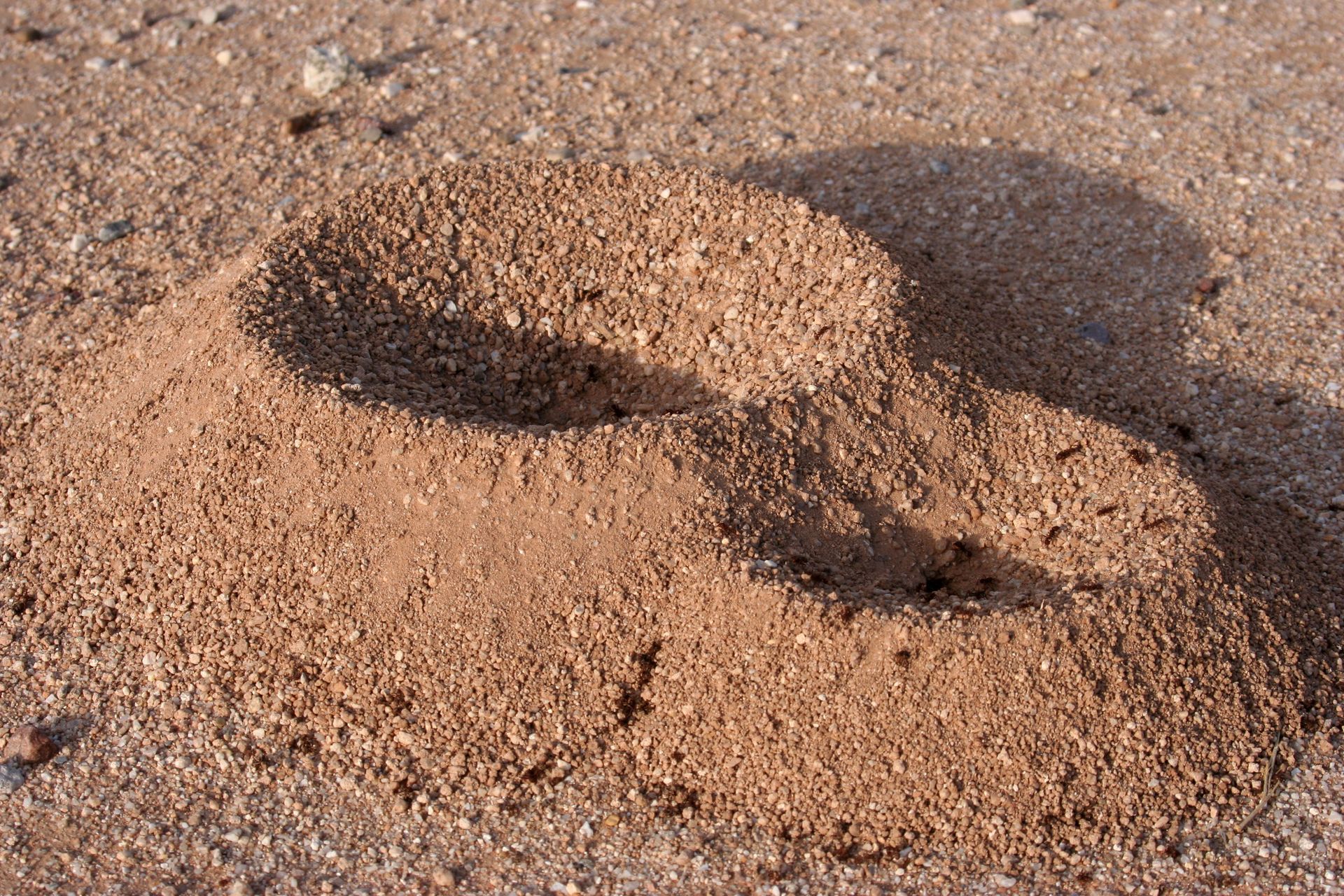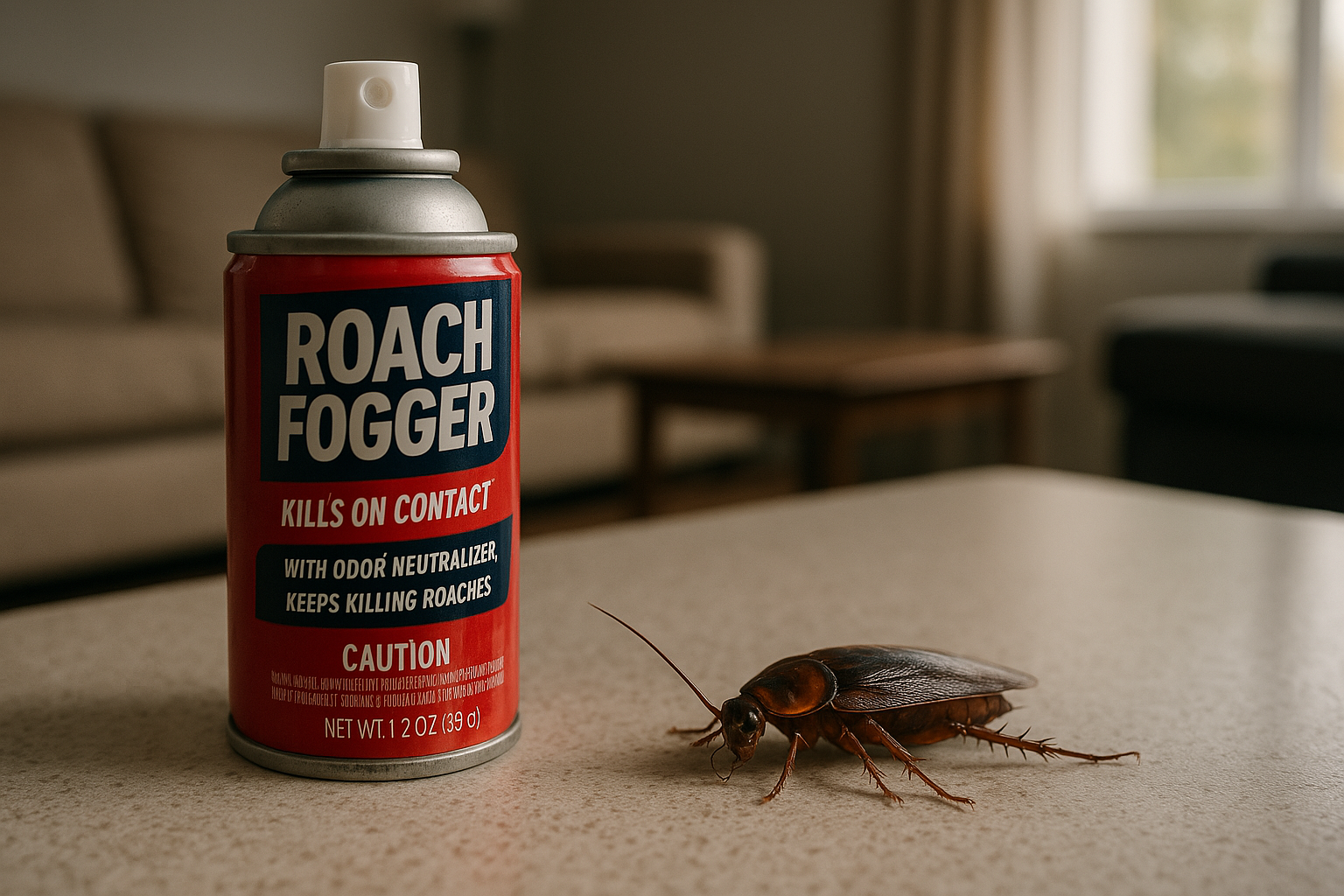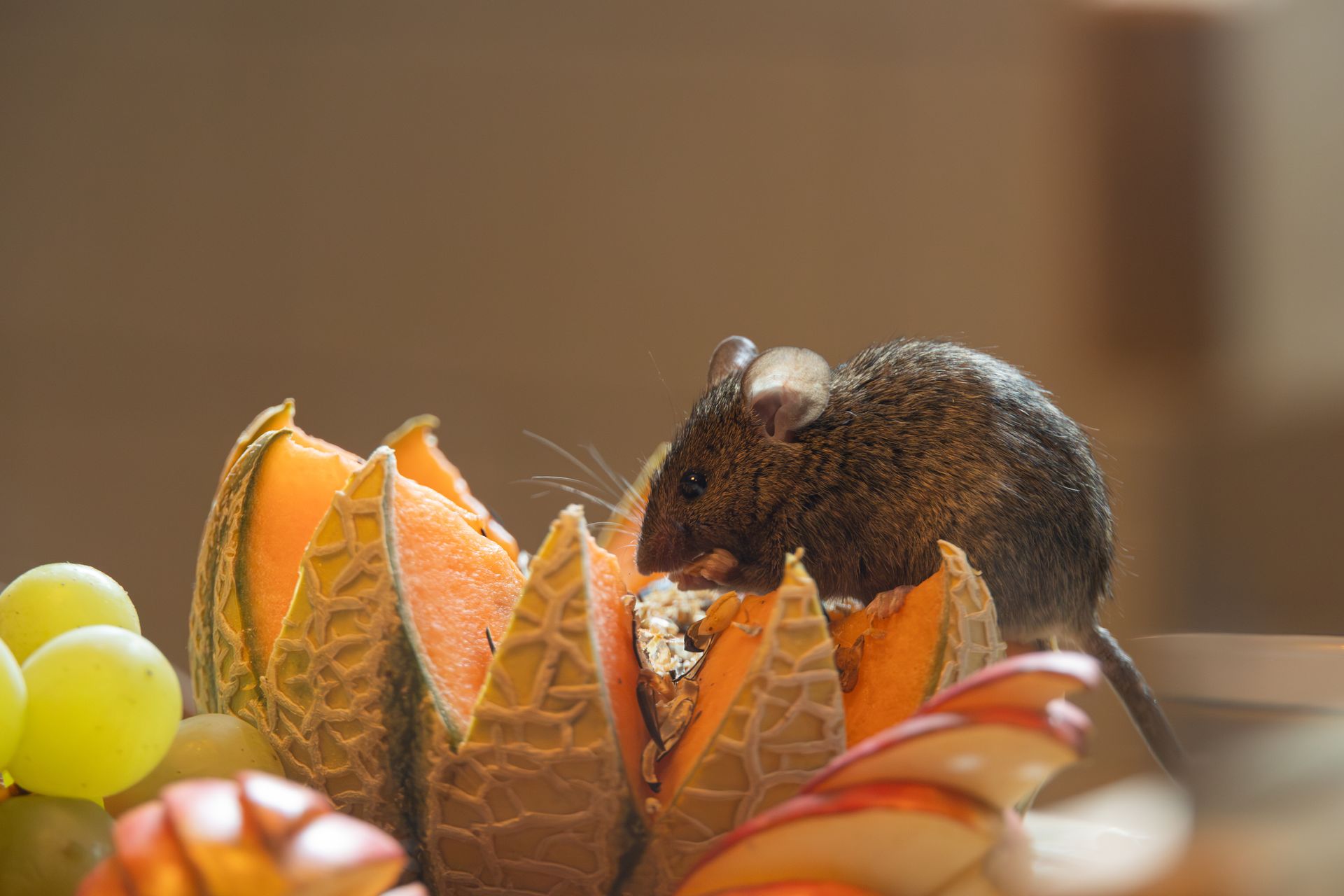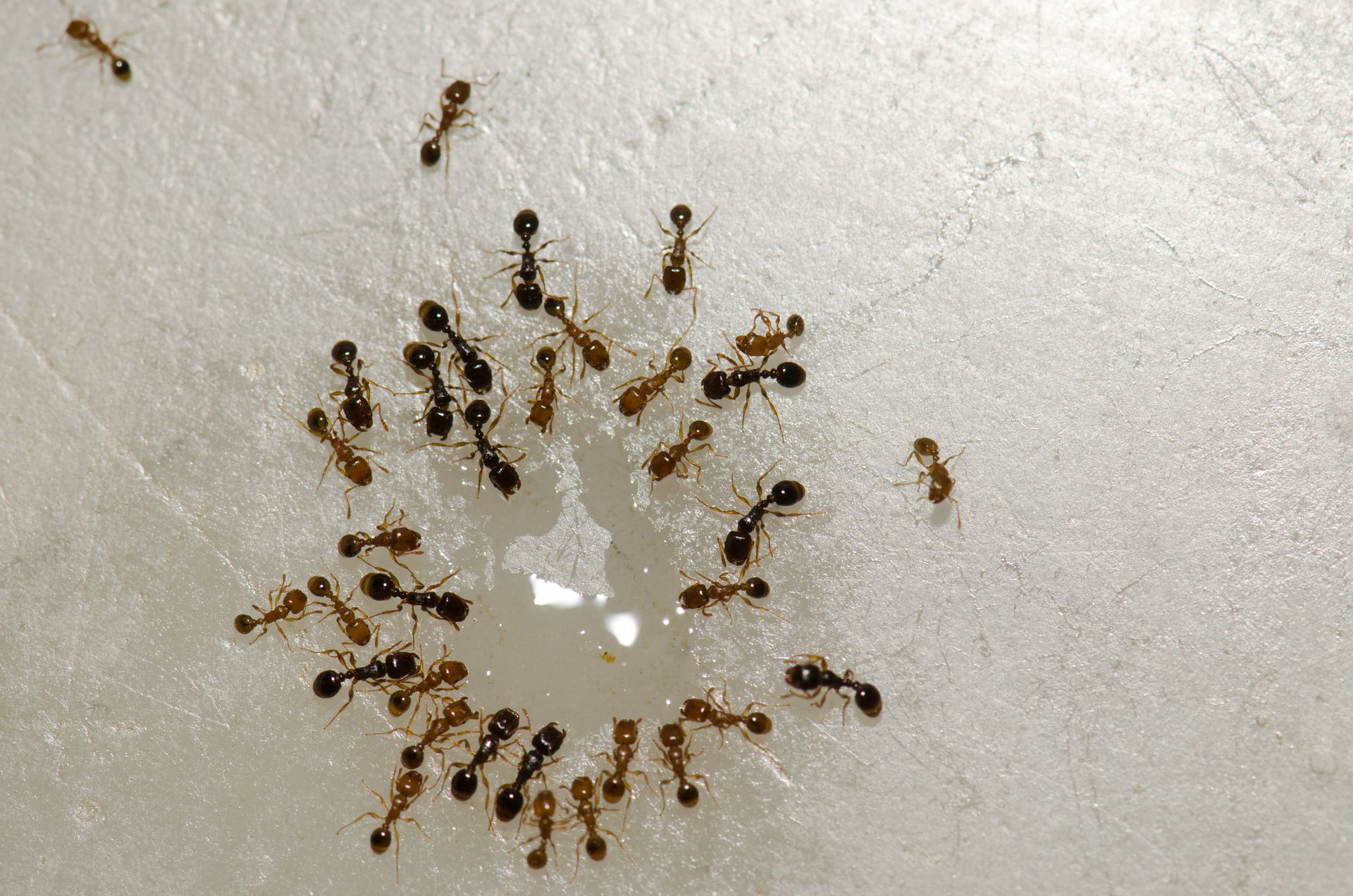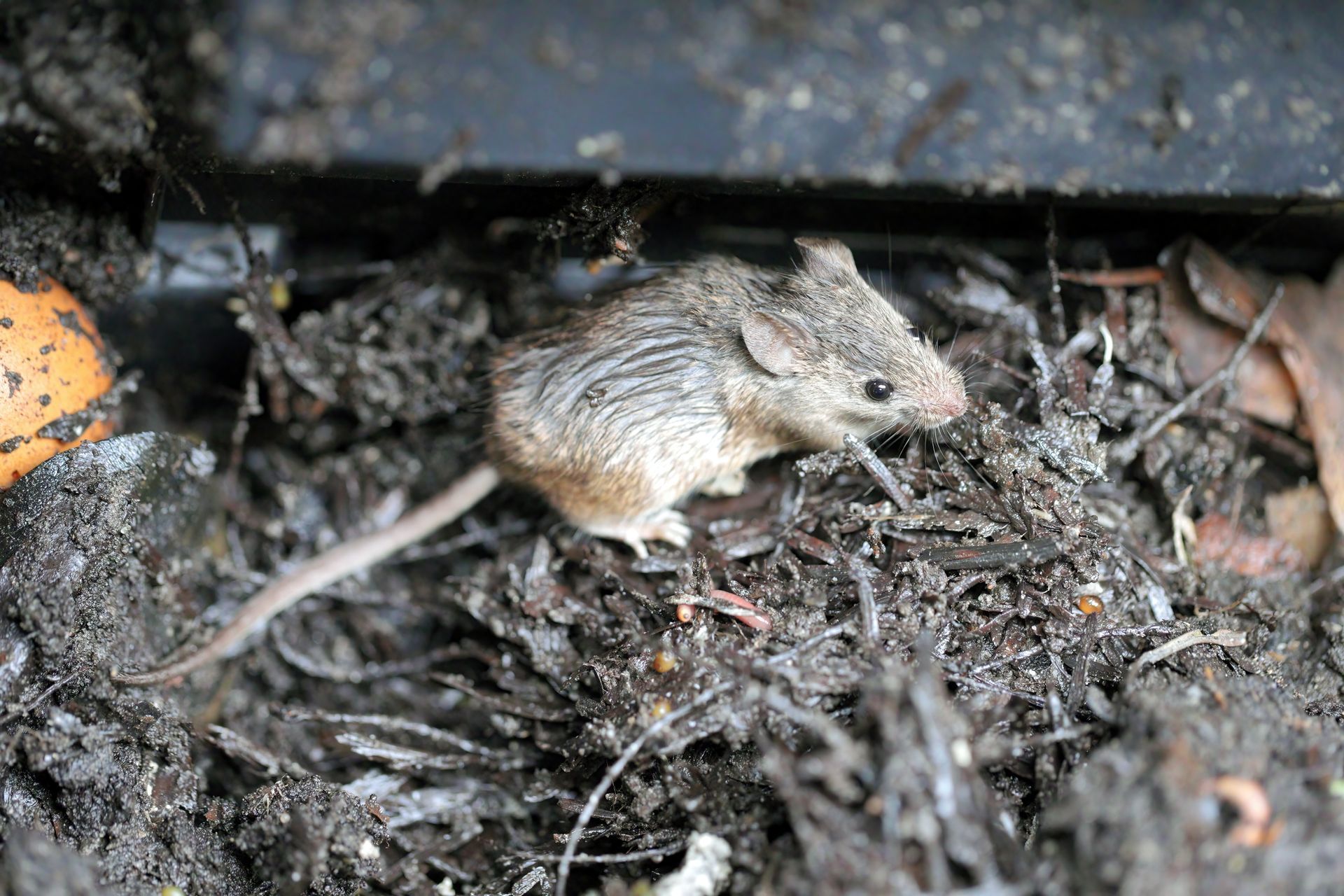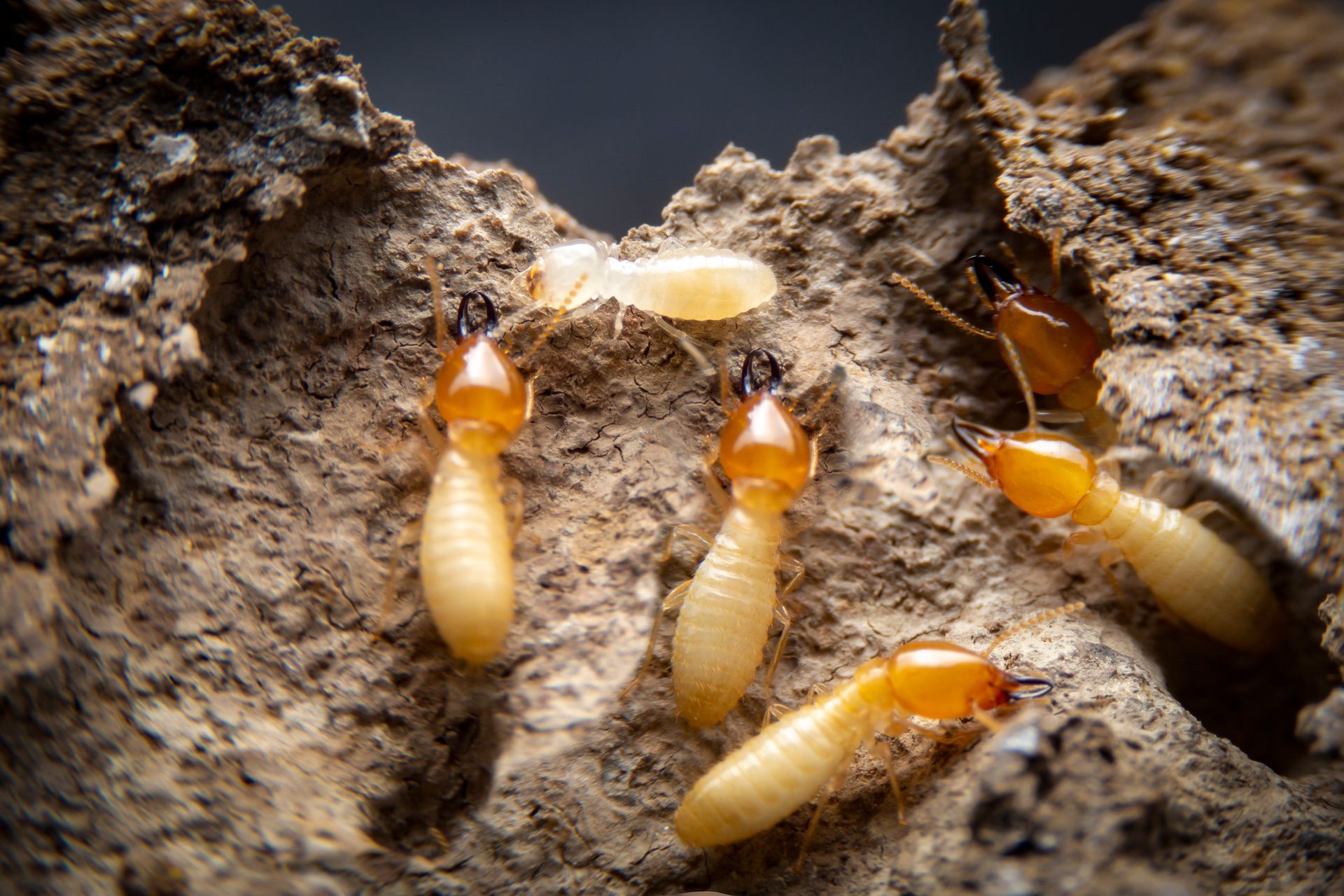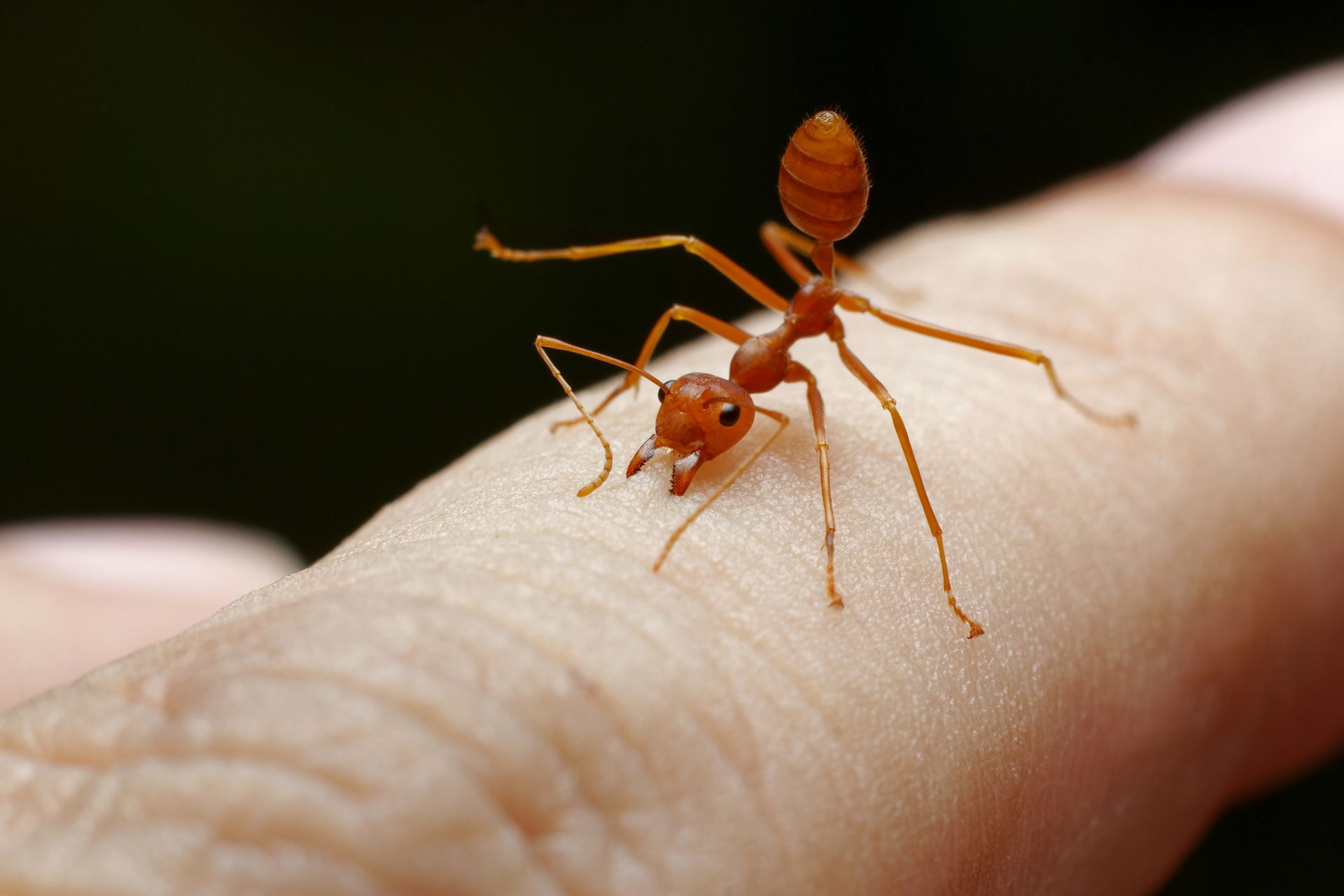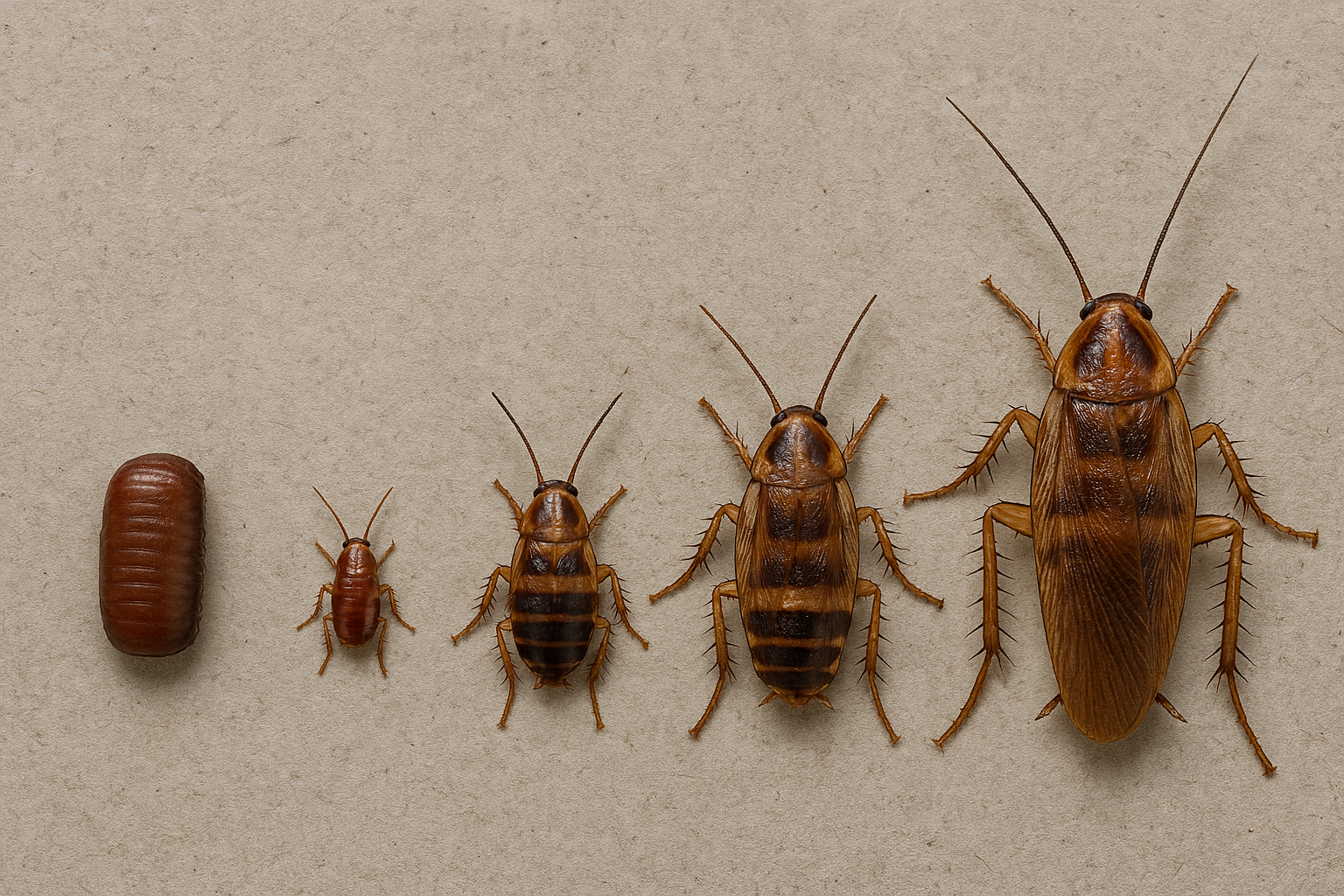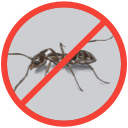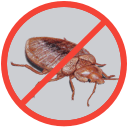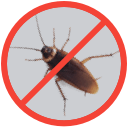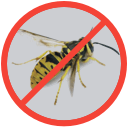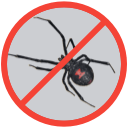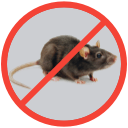How to Repel Wasps?
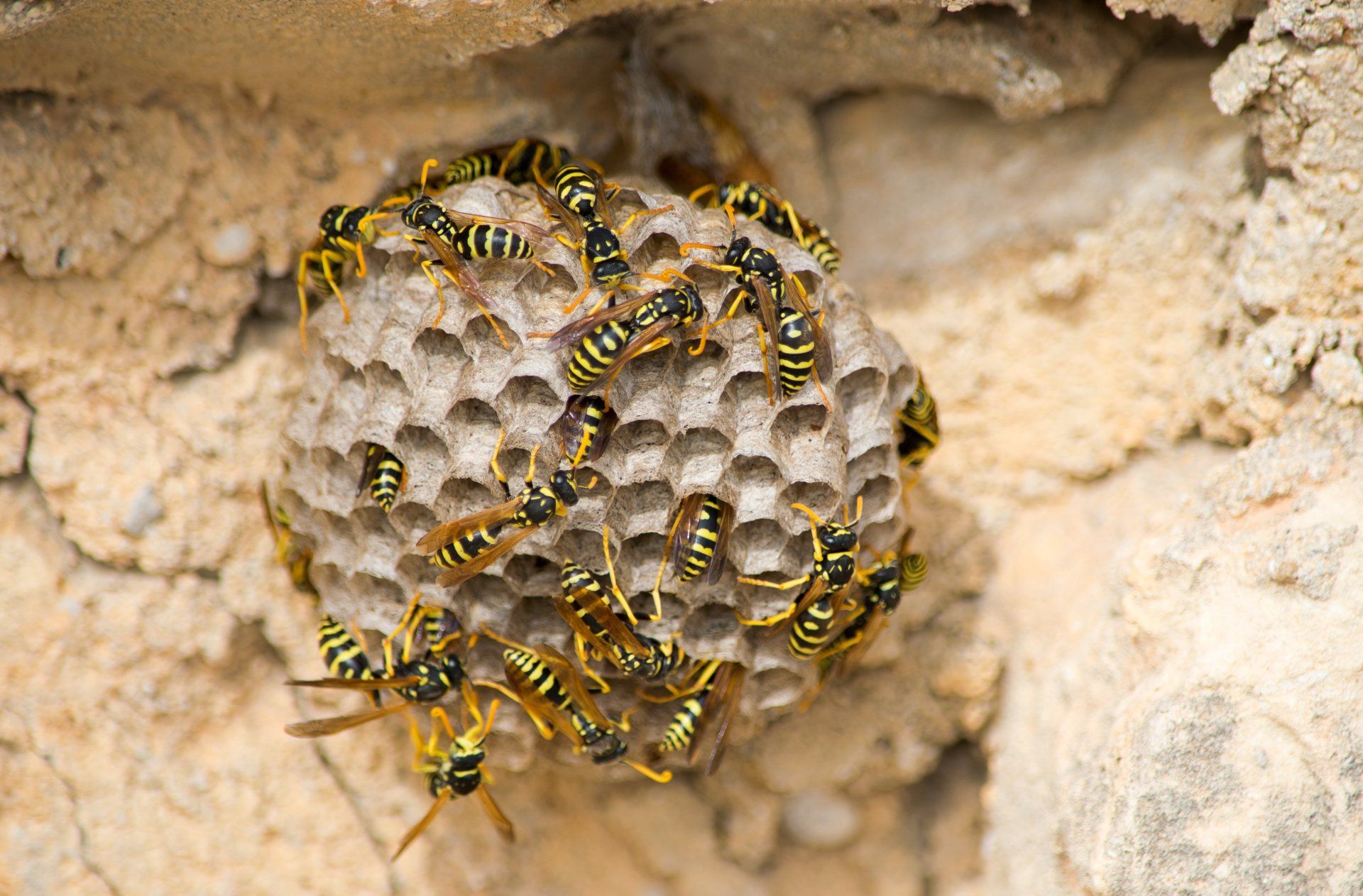
A critical part of wasp control and management is repelling and preventing wasps in the first place. Learning how to repel wasps from your property will increase the likelihood that you won’t have to treat a wasp nest later in the summer when their populations get out of control. Minimizing interaction with wasps is important because they pose a serious safety risk to your home and family since they are aggressive and territorial stinging insects.
What Repels Wasps
There are several DIY strategies that you can implement to help reduce the likelihood that wasps will settle on your property as a place to establish a nest.
Grow Garden Variety Wasp Repelling Plants
Wasps have a good sense of smell which is how they find sources of food. They use it to locate our picnics and parties, but it can also be used against them. There are specific herbs and wasp repellent plants, like lemongrass, peppermint, thyme, eucalyptus, wormwood, bay leaves, citronella, and cloves that wasps will avoid. There are flowers like marigolds, geraniums, and pennyroyals that wasps also tend to stay away from. Planting these around your property close to windows and doors is a good way to deter wasps.
Use Essential Oils That Repel Wasps
In addition to using natural plants, you can use extracted essential oil blends to help deter wasps. Mix clove, lemongrass, and geranium essential oils and dilute them with water and shake before application. This method has to be repeated regularly but it can be used to treat areas where wasps are most likely to build a nest.
Create an Effective Homemade Wasp Repellent Spray
The things you will need to create a wasp repellent spray:
- Large spray bottle
- Peppermint oil
- Lemongrass oil
- Geranium oil
- Dish soap
- Water
How to make the wasp repellent spray:
- Fill empty spray bottle with regular and measure water content
- Add 10 – 20 drops of each of the essential oils (lemongrass, peppermint, & geranium) per liter of water
- Add a few drops of dish soap
- Shake prior to application
- Spray in places that have been previous nesting sites or are likely to be
Use a Fake Wasp Nest
Wasps are insects that are extremely territorial so they will avoid an area that appears to already have an existing nest. This means that you can hang a fake wasp nest to help deter fertile queens in spring when wasp season starts and deter hungry workers from getting too close.
How to Prevent Wasps
Preventing wasps by removing attractants and sealing access points is also just as important as deterring wasps when trying to keep their populations under control.
Get Rid of Unwanted Foods
Wasps are notorious for raiding picnics, BBQs, and parties where food is being served outside. This is because they need high energy food that can sustain the fast metabolism. At these types of events, they will usually find protein rich foods and sweet liquids that they will take back to the nest to feed the larvae. They will also scavenge for food around grills and BBQs so be sure to clean grill tops after they are done being used.
Keep Drinks Covered
Wasps naturally drink nectar from flowers but have adapted to drink beverages with a high sugar content. This means that they will enter bottles and cans of sodas and other sweet drinks, which can be problematic if someone tries to take a drink. The trapped wasp will be aggressive in its attempt to escape which could result in a sting. Keeping drinks sealed or covered is recommended when you are outdoors to prevent an unintended wasp interaction.
Seal Trash Cans
Trash cans will contain the remnants of food which will draw in wasps scavenging for food. Keeping trash cans sealed will greatly reduce the opportunity that wasps will create a nest around your property. This applies to compost bins as well since the remnants of fruits can draw in wasps.
Cover or Fill Holes in the Ground
Certain species of wasps like yellow jackets will create large nest underground. When spring comes, fertile females will explore empty rodent nests and determine if they are in a safe place to create a wasp nest. To avoid having yellow jackets recycle an empty gopher hole, be sure to fill holes in the ground around your property.
Use Soap and Water on Smaller Nests
Smaller nests can be sprayed with a mixture of dish soap and water if the right protections are taken. The dish soap will block the pores that wasps use to breathe which result in the wasp suffocating. Be sure to use 2 tablespoons of dish soap in a spray bottle and saturate the nest and its wasp population thoroughly. Wear protective clothing to prevent getting stung.
Clean Up Under Fruit Trees and Bushes
Wasps are pollinators that are attracted to nectar but will settle for the sweet juices found in different fruits. If there are fruit producing plants or trees nearby, this provides a fertile female a fresh food source and a reason to build a nest close by. By keeping fruit cleared from the ground regularly, you can avoid providing wasps a key component of their diet.
Wasp Exclusion and Sealing Openings Outside Your Home
It is good to seal any openings or cracks around your patio, deck, siding, or under the eaves of your roof to ensure wasps don’t have a place to create a nest. If there is a place that can provide extra protection, a fertile female wasp may decide to build a nest in that opening.
Seal Any Access Points into Your Home
Wasps will find their way insides if they smell strong scents of cooked meats, baked goods, ripening fruits, or sugary drinks. They will usually enter via an open window or door, tears in window screens, vents, and other access points. By keeping doors and windows closed, and fixing and sealing cracks, tears, and other openings, wasps can be kept out of the inside of your home.
Use Wasp Traps
Wasp traps are the final strategy that homeowners can lean on before calling professional help. Wasp traps work by attracting wasps into a container with a sweet liquid bait that they are unable to leave. This trap will eventually exhaust the wasp which will drown in the liquid at the bottom of the trap. These are simple to make using common household items and are effective at capturing wasps.
How to Make a Homemade Wasp Trap
What you need to create an effective wasp trap:
- Empty 2L bottle
- Regular one-sided tape
- Scissors or razor
How to make the trap:
- Take a 2-liter bottle and use scissors or a razor to cut the bottle right where it starts to taper inwards.
- Fill the bottom half of the 2L bottle with water, sugar, and dish soap and give it a good stir to mix the solution together. The amount of liquid inside the bottom half should be lower than where the mouth of the bottle reaches.
- Unscrew the bottle cap and cover the mouth with the threading with some jam.
- Invert the top half of the bottle so it hangs from the opening in the bottom half and tape the 2 sections together, so they are secure.
- Leave wasp trap somewhere close to where wasps are active
The jam and sugar water mix should attract wasps in through the mouthpiece and the structure of the trap should keep the wasps inside until they land on the surface of the water. The water inside will be soapy and should help sink the wasps, so they drown. The only problem is this will only kill individual wasps and not address a larger wasp infestation. To end the lifecycle of the wasp nest, professional help will be needed.
Getting Rid of Wasp
If all wasp deterrent and repellent strategies fail and a fertile female wasp selects your property to build a nest on, it may be time to call a professional for help. The licensed and trained wasp control experts at EcoGuard Pest Management can provide support and create a customized treatment plan to effectively and safely remove wasp nests. Call today to schedule an initial inspection so a trained wasp exterminator can help you get rid of wasps asap!


